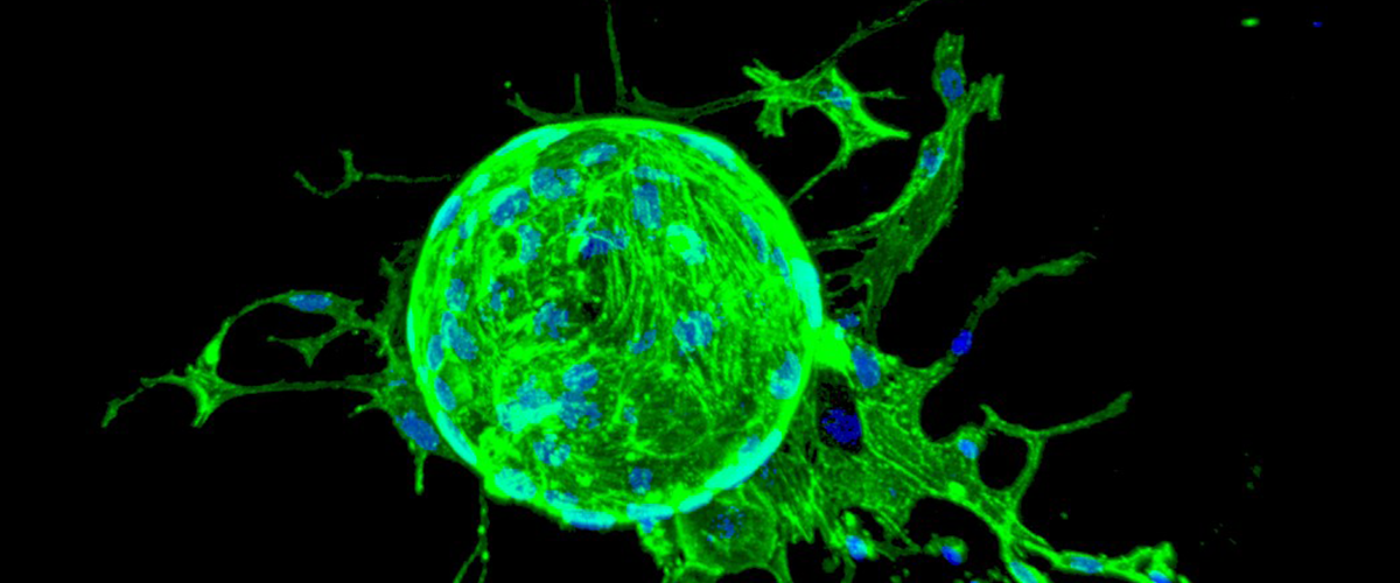How did life start on earth? Can we make artificial life? Can we design and construct new biological pathways or systems that do not exist in nature but that mirror or enhance its properties?
These questions will help us to understand the limits of the processes of current biology, and the ability to develop new approaches to treat and prevent disease, and so improve the quality of our lives.
Researchers at Glasgow are working to answer these questions.
The future is now
Our researchers have developed ground-breaking methods to reverse-engineer human cognitive processes — where, when, and how specific information is processed — from complex brain activity. The aim is to then implant these formal models into neuro-circuits, human avatars and robots, giving them human-like flexible cognitive abilities.
We are exploring the digital control of chemical reactions using robotic systems, allowing us to investigate complex chemical processes. This approach can not only enhance the efficiency with which we can discover novel chemistry, but also promises to rewrite the rules of chemical synthesis.
Our research will impact the quality of life and life expectancy by developing advanced healthcare technologies. We will develop diagnostic tools and novel stem-cell based engineering solutions to target disease before symptoms are evident and so too late for effective treatment.
Future life integrates groups from complex chemical systems, biomaterials and stem cell engineering, neuroscience, psychology and medical technologies. Working together to improve our world.
Supporting the United Nations Sustainable Development Goals:

Find out more: Sustainable Development Goals









